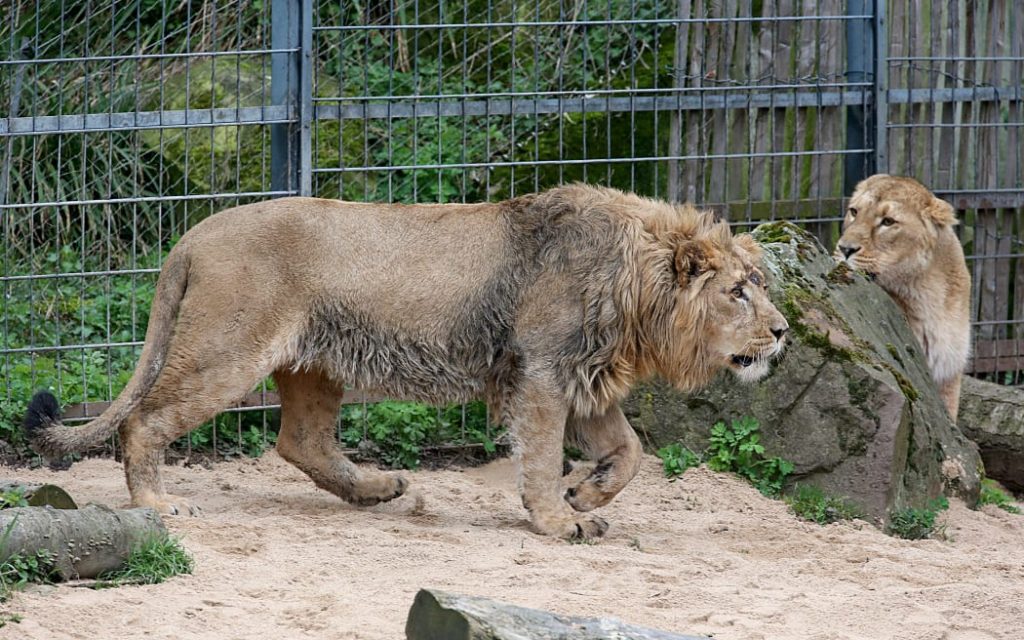Aalborg Zoo in Denmark has recently initiated a program inviting the public to donate their unwanted pets, such as rabbits, guinea pigs, and chickens, to be used as food for its carnivorous animals. The zoo justifies this practice by stating that it helps replicate the natural food chain for predators like the European lynx, ensuring their well-being and natural behavior. However, this initiative has sparked significant controversy and ethical debates both locally and internationally.
The Practice Explained
According to Aalborg Zoo’s official statement, the donated animals are humanely euthanized by trained staff and subsequently used as fodder for predators. The zoo emphasizes that this approach prevents waste and maintains the health and natural behaviors of its carnivorous residents. This practice is reportedly common in Denmark and is viewed by some as a responsible way to manage unwanted pets.

Public Reaction and Ethical Concerns
The zoo’s request for pet donations has elicited a range of reactions. While some individuals have supported the initiative, viewing it as a practical solution, others have expressed strong opposition. Critics argue that the program encourages pet abandonment and raises serious ethical questions about the treatment of companion animals. Dr. Mark Jones of the Born Free Foundation criticized the zoo’s approach, highlighting the emotional bond between humans and their pets and questioning the morality of using them as food for zoo animals.
Personal Accounts: Mixed Experiences
Some individuals who have participated in the program have shared their experiences. Kristina Meincke, who donated her rabbit to the zoo, described the process as “a super nice and professional experience,” indicating that she felt the procedure was handled with care and respect. However, her positive account contrasts with the concerns raised by others about the ethical implications of such practices.
Broader Implications and Global Perspectives
This initiative has brought to light differing cultural attitudes toward animals and their roles in ecosystems. While some European countries, including Denmark, may view this practice as acceptable and even beneficial for animal welfare, others find it deeply troubling. The debate underscores the complexities involved in balancing conservation efforts with ethical considerations regarding animal rights and welfare.
Conclusion: Ongoing Debate
Aalborg Zoo’s pet donation program continues to be a subject of intense debate. While it aims to support the health and natural behaviors of its predators, it also raises important ethical questions about the treatment of companion animals. As this discussion unfolds, it highlights the need for a broader conversation about the responsibilities of zoos, the rights of animals, and the values of society concerning animal welfare.

The controversy surrounding Aalborg Zoo’s program has also sparked conversations about responsible pet ownership. Many animal welfare advocates stress the importance of considering a pet’s lifelong needs before adoption. They argue that donation programs, while practical in some cases, should not be viewed as a convenient solution for unwanted pets. Instead, education on proper care and commitment, along with stronger regulations on pet breeding and sales, could help reduce the number of animals needing rehoming or euthanasia in the future.

















